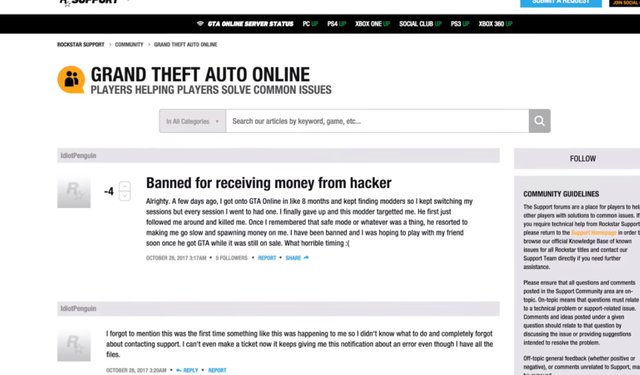Cheating in video games has existed since the time the very first video game was developed. We, being the creative humans that we are, have always found ways to ‘break’ things. And not even video games can escape this tendency of ours. Back in the golden era of single player games (Mario Bro’s, Pin Ball, Galaxy etc.) gamers used to find tips and tricks (mostly in the form of glitches) to exploit a game’s weakness. In later games, developers secretly hid cheat codes inside games for gamers to find. But this is all fun and games (pardon the pun) until a competitive multiplayer environment of some sorts is involved.

Nowadays, with the world moving towards an ever increasing online environment, gaming is inevitably moving in the same direction. Competitive multiplayer games are ever increasing in popularity – and so has cheating. And once cheating is involved in this, it ruins the gaming experience for your peers as well as your opponents. Cheating has captured the attention of online multiplayer game devs to a large extent, so much so that they have policy’s in place on how to deal with them – whether that be a permanent ban from the game or a straight up lawsuit towards the guilty party. But make no mistake, cheaters in video games still exist and as the competitive environment are ever increasing – so does cheaters and their methods of ruining a game. But a pill to remedy this behaviour and put a stop to cheating in online games is in fact the Blockchain.

How does the Blockchain work? And how could it have any significance to video games? I’m glad you asked. You see in the Blockchain, every transaction that occurs is kept on a ledger and everyone has a copy of that ledger. You act as a node of that ledger and when a transaction occurs between you and another node (person), that ledger has to be the same for both nodes in order for the transaction to go forward. Now when someone cheats in a video game (let’s say they found a glitch or exploitation to purchase virtual goods), the inconsistency within the economy of the game would be picked up by the ledger. Meaning the ledgers between two nodes (your online account and the game) would not be the same.

Gaming companies are, on an annual basis, losing millions of US dollars due to glitches in their own games that are being exploited in this manner. And they could surely use this technology to their advantage in order to fight this problem.

Congratulations @esportsbro! You received a personal award!
You can view your badges on your Steem Board and compare to others on the Steem Ranking
Vote for @Steemitboard as a witness to get one more award and increased upvotes!
Downvoting a post can decrease pending rewards and make it less visible. Common reasons:
Submit
I still don't understand how a blockchain can solve in-game cheating.
Downvoting a post can decrease pending rewards and make it less visible. Common reasons:
Submit
I think it could help with tracking transactions and detecting weird activity like buying virtual goods with glitches, but when it comes to stuff like aimbots, wallhacks, or ESP in competitive games, I don’t think blockchain would solve it completely. I mean those cheats affect gameplay directly, not just the in-game economy.
For instance, people are still using xdefiant cheats right now, and they’re pretty effective in getting around anti-cheat measures. As long as there are ways to manipulate the game’s mechanics, there’s always gonna be someone who figures it out.
Downvoting a post can decrease pending rewards and make it less visible. Common reasons:
Submit